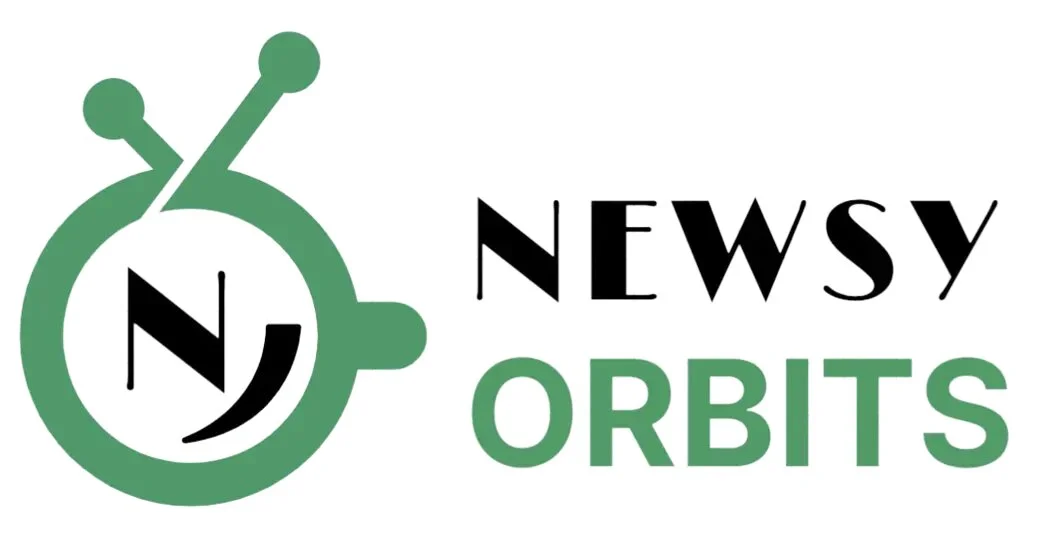Introduction to Traditional Group Health Insurance
Traditional group health insurance is a cornerstone of employee benefits in the United States. It offers a way for employers to provide comprehensive health coverage to their employees, fostering a healthier and more productive workforce. Understanding the intricacies of this type of insurance is essential for both employers and employees to maximize its benefits.
What is Traditional Group Health Insurance?
Traditional group health insurance is a health coverage plan that employers offer to their employees and, in many cases, their dependents. Unlike individual health insurance, where policies are purchased by individuals directly from insurers, group health insurance pools risk across the entire workforce, often resulting in more favorable premiums and coverage terms.
Benefits of Traditional Group Health Insurance
Cost-Effective Premiums
One of the most significant advantages of traditional group health insurance is the cost-effectiveness of premiums. Because the risk is spread across a larger group of people, insurers can offer lower premiums compared to individual plans. This makes it more affordable for employees to access high-quality health care.
Comprehensive Coverage
Group health insurance plans typically offer comprehensive coverage, including preventive care, emergency services, hospitalization, prescription drugs, and specialist care. This extensive coverage ensures that employees and their families have access to necessary medical services without significant out-of-pocket expenses.

Employer Contributions
Employers often contribute a significant portion of the premiums for group health insurance, further reducing the financial burden on employees. These contributions can vary but generally cover a substantial part of the insurance cost, making it an attractive benefit for job seekers and employees alike.
How Traditional Group Health Insurance Works
Enrollment Process
The enrollment process for traditional group health insurance usually occurs during a designated open enrollment period. During this time, employees can sign up for coverage, add dependents, or make changes to their existing plans. Employers may also offer special enrollment periods in cases of qualifying life events such as marriage, birth of a child, or loss of other health coverage.
Premium Payments
Premium payments for group health insurance are typically deducted directly from employees’ paychecks. Employers and employees share the cost of premiums, with employers often covering a larger portion. This arrangement simplifies the payment process and ensures continuous coverage.
Network of Providers
Group health insurance plans often come with a network of preferred providers, including doctors, hospitals, and specialists. Employees are encouraged to use in-network providers to maximize their benefits and minimize out-of-pocket costs. Out-of-network services may be covered at a lower rate or not at all, depending on the plan.
Types of Traditional Group Health Insurance Plans
Health Maintenance Organization (HMO) Plans
HMO plans are known for their emphasis on preventive care and coordinated services. Employees must choose a primary care physician (PCP) who manages their overall care and provides referrals to specialists within the network. HMO plans typically offer lower premiums and out-of-pocket costs but require members to use in-network providers exclusively.
Preferred Provider Organization (PPO) Plans
PPO plans offer more flexibility compared to HMOs. Employees can see any healthcare provider they choose, but they will save more by using providers within the PPO network. PPO plans do not require referrals to see specialists, making it easier for employees to access the care they need.
Point of Service (POS) Plans
POS plans combine elements of both HMO and PPO plans. Employees select a primary care physician and need referrals for specialist care, similar to an HMO. However, POS plans also offer partial coverage for out-of-network care, providing greater flexibility than an HMO but with higher out-of-pocket costs for out-of-network services.
Regulations Governing Traditional Group Health Insurance
Affordable Care Act (ACA) Compliance
The Affordable Care Act (ACA) has significantly impacted group health insurance. Employers with 50 or more full-time employees are required to provide health insurance that meets minimum essential coverage standards. This includes covering a specified list of essential health benefits and ensuring that employee premiums do not exceed a certain percentage of their income.
COBRA Continuation Coverage
The Consolidated Omnibus Budget Reconciliation Act (COBRA) allows employees and their families to continue their group health coverage for a limited time after losing their job or experiencing another qualifying event. While COBRA coverage is typically more expensive since the employer no longer contributes to the premium, it provides a crucial safety net during transitional periods.
HIPAA Privacy and Security Rules
The Health Insurance Portability and Accountability Act (HIPAA) sets standards for protecting the privacy and security of health information. Group health insurance plans must comply with HIPAA regulations to ensure that employees’ personal health information is safeguarded.
Choosing the Right Group Health Insurance Plan
Assessing Employee Needs
When selecting a group health insurance plan, employers should assess the needs of their workforce. Factors such as the age, health status, and family size of employees can influence the type of coverage that will be most beneficial. Conducting employee surveys or consultations can provide valuable insights into their preferences and requirements.
Comparing Plan Options
Employers should compare different plan options to determine which one offers the best balance of coverage, cost, and flexibility. Considerations include the range of services covered, the size and quality of the provider network, and the out-of-pocket costs for employees.
Negotiating with Insurers
Employers can often negotiate with insurers to obtain better rates and coverage terms. Working with a knowledgeable insurance broker or consultant can help employers navigate the complexities of group health insurance and secure favorable deals.
Conclusion
Traditional group health insurance remains a vital component of employee benefits, offering comprehensive coverage, cost-effective premiums, and significant employer contributions. By understanding the various types of plans, regulatory requirements, and best practices for selecting the right coverage, employers can provide their employees with the health insurance they need to stay healthy and productive.
If you want to read more information about how to boost traffic on your Website just visit –> The Insider’s Views.



